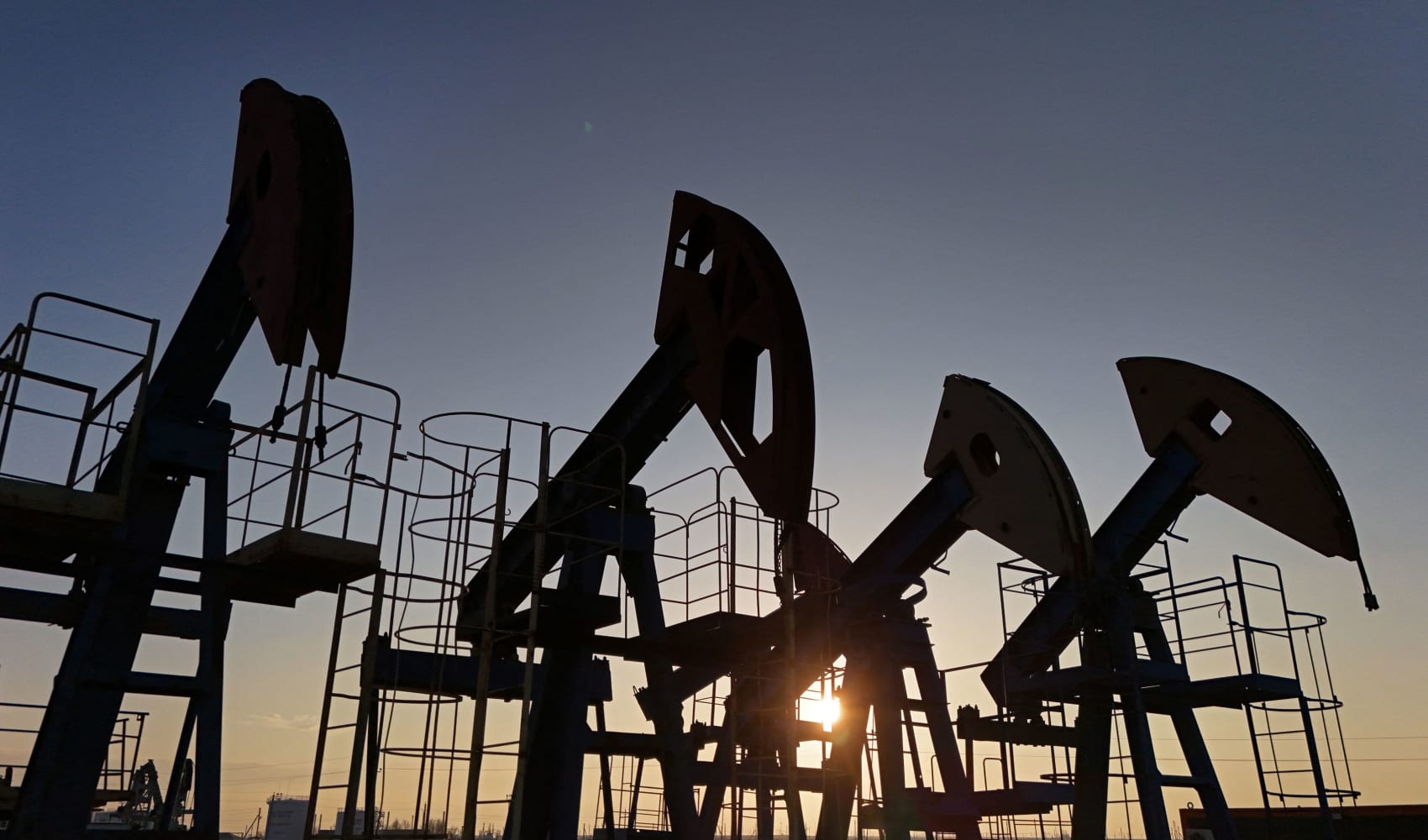
In an aerial view, oil storage containers are seen at the Enterprise Crude Pipeline operations facility on June 27, 2024 in Midland, Texas.
- The U.S. benchmark is now up about 2% for the year, while global benchmark Brent crude has erased virtually all of its gains for 2024.
- Demand is slowing in China as drivers switch from gas to electric vehicles and trucks transition to liquid natural gas from diesel.
U.S. crude oil rose to $73 per barrel on Thursday after erasing most of its gains for the year as soft demand in China and worries about the U.S. economy weighed on the market.
The U.S. benchmark is now up about 2% for the year, while global benchmark Brent crude has erased virtually all of its gains for 2024. The benchmarks are down 15.7% and 14.8%, respectively, from April highs when Israel and Iran nearly went to war.
Get top local stories in Southern California delivered to you every morning. Sign up for NBC LA's News Headlines newsletter.
Oil prices settled more than 1% lower on Wednesday after U.S. job growth was revised significantly lower, renewing concerns about the strength of the world's largest economy.
But Daan Struyven, head of oil research at Goldman Sachs, said the demand outlook in China is more worrying for the global market.
Oil demand in China grew by 200,000 barrels a day in the first half of 2024 compared with the year-ago period, three times below the average growth of 600,000 bpd from 2016 to 2019, Struyven told CNBC.
Here are Thursday's closing energy prices:
- West Texas Intermediate October contract: $73.01 per barrel, up $1.08, or 1.5%. Year to date, U.S. crude oil has gained 1.9%.
- Brent October contract: $77.22 per barrel, up $1.17, or 1.54%. Year to date, the global benchmark is marginally up 0.23%.
- RBOB Gasoline September contract: $2.24 per gallon, more than 3 cents higher, or 1.76%. Year to date, gasoline is ahead 6.7%.
- Natural Gas September contract: $2.05 per thousand cubic feet, 12 cents lower, or 5.7%. Year to date, gas is down 18.3%.
The slowdown in China is due in part to drivers switching from gas cars to electric vehicles, and trucks transitioning to liquid natural gas, the analyst said.
Money Report
"Some of the slowdown is to be expected with slower China GDP growth and the rapid rise in EVs," Struvyen told CNBC's "Squawk Box Asia" on Wednesday. But "some of the slowdown is unexpected — this switching to LNG away from diesel," he said.






